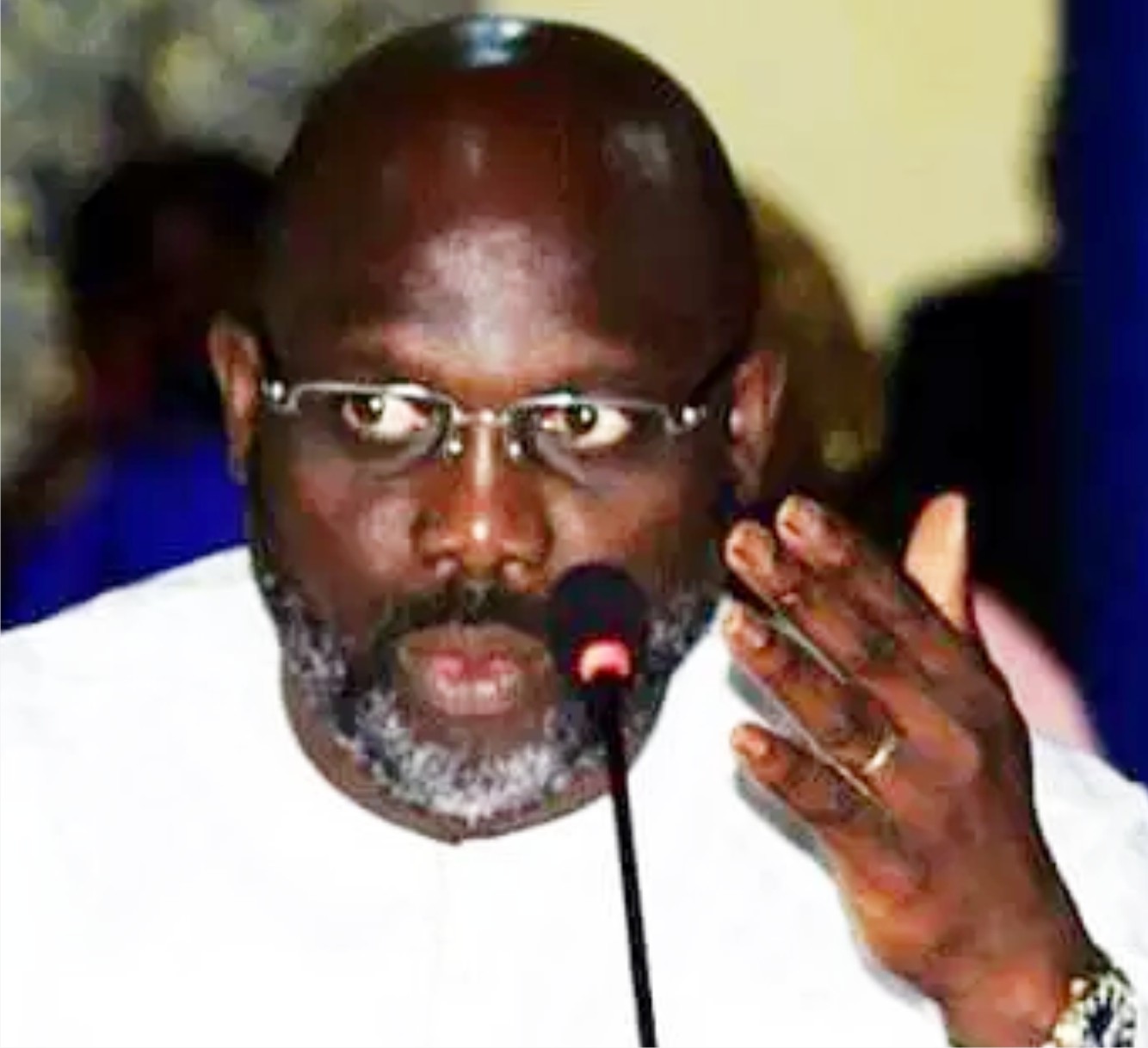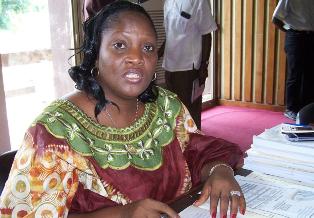Playing with agriculture that feeds us

Just what is the Weah administration’s policy on agriculture, if there is any, still remains a dream, running into two years since the government was inaugurated.
Agriculture is the bedrock of any nation, but it seems that Liberia, which has an agro-based economy, is putting her feet in her mouth when it comes to food.
While President George Manneh Weah and his Pro-Poor government are busy on capital-intensive investment such as roads, the nation’s 4.5 million people go to bed hungry each day or undernourished due to inadequate food.
As we write the Ministry of Agriculture in Gardnersville outside Monrovia is virtually empty as the Minister there, Dr. MoganaFlomo, was booted out over the weekend along with the Director-General for the Central Agricultural Research Institute (CARI) in Bong County, Dr. Marcus Jones.
In his second Annual Message in January this year, President Weah promised to give the agriculture sector the same focus he gives to road construction, but six months after, this vital sector still lies dormant with nothing else but mere policy statement on the books.
In a roundtable with officials of the Ministry and partners in February, the President reiterated the correlation between agriculture productions and economic boom on one hand, and poverty alleviation and national security on the other.
He took that message to Israel subsequently and the Israeli government has promised to assist Liberia in the area of training to boost capacity so that Liberians would return to the soil with renewed vigor and technological knowledge.
We urge the government to go a step further in its expressed commitment to agriculture by taking practical actions in opening government farms and putting young agricultural graduates from our various universities to work. This is the surest way to proceed.
[bsa_pro_ad_space id=1]
We believe if this strategy is heeded, in the next two years, Liberia would be a different story all together, for we would lay the foundation that could leap us to self-sufficiency in food.
Our neighbors in Ivory Coast and Guinea, as well as Ghana, Burkina Faso, Nigeria and elsewhere in the regime are doing just that. Food prices would continue to increase in our market as long as we rely on imported rice to feed the population, because we don’t control productions from abroad.




















